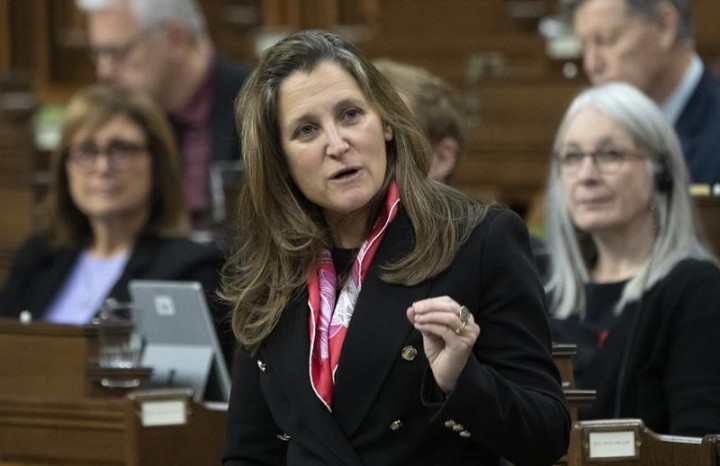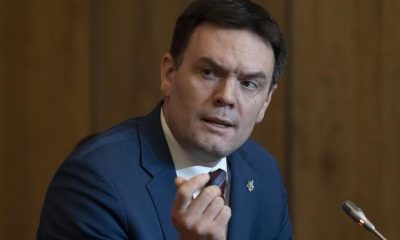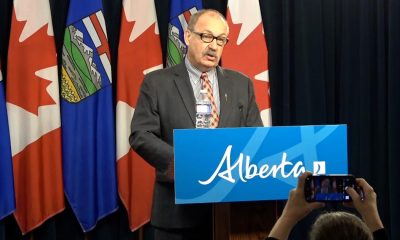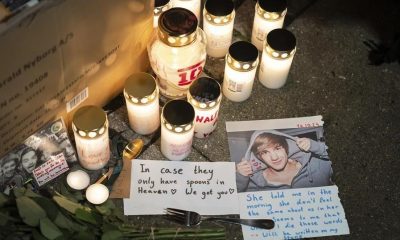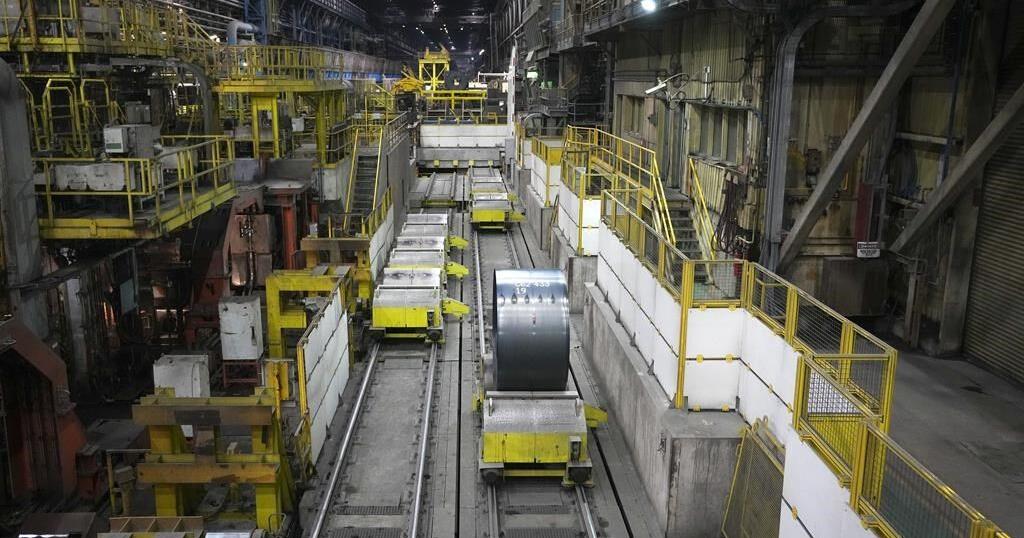OTTAWA — Finance Minister Chrystia Freeland drew a direct link between Canada’s economic and national security on Thursday, as she defended her government’s decision to declare a public order emergency to end the “Freedom Convoy” protests.
The assertion came in testimony to the Public Order Emergency Commission, where cabinet ministers have faced questions about the legal basis upon which they invoked the Emergencies Act in February to clear protesters from Ottawa and at several U.S. border crossings.
“I really do believe our security as a country is built on our economic security,” Freeland said. “And if our economic security is threatened, all of our security is threatened. And I think that’s true for us as a country. And it’s true for individuals.”
Yet while Freeland said the Liberal government’s decision to use the Emergencies Act was correct, she repeatedly refused to detail whether the purported economic harm being done by the protests formed the basis of the government’s decision — and if so, whether it was legal.
“I’m not a lawyer,” said Freeland, who also serves as Canada’s deputy prime minister. “I rely on the judgment of officials who advised us and on expert legal advice.”
That analysis remains the key missing piece as the commission enters the final days of public hearings exploring the government’s decision to invoke the act for the first time since it became law in 1988.
The Emergencies Act specifies that a public order emergency is one arising from a threat to Canada’s security, as defined in the Canadian Security Intelligence Service Act.
That definition includes espionage or sabotage of Canada’s interests, foreign influence, acts of serious violence against people or property with political, religious or ideological objectives, or the violent overthrow of the Canadian government.
But while the clerk of the Privy Council testified last week that the government took a wider interpretation, including threats to Canada’s economic security, the federal Liberals have refused to release the legal advice that formed the basis of their decision.
Freeland testified the protests coincided with a period of fragility for the Canadian economy, with supply chain challenges, American plans to exclude Canada from electric-vehicle incentives and the looming Russian invasion of Ukraine all causing uncertainty.
Freeland said initially, she didn’t involve herself in dealing with the protests, which started on Jan. 29 when thousands of people and hundreds of trucks gathered in downtown Ottawa to protest COVID-19 vaccine mandates and pandemic restrictions.
But when protesters blocked the Ambassador Bridge in Windsor, Ont., the busiest trade route between Canada and the U.S., she said: “From a finance, economic perspective, that escalated things exponentially. That’s what made it a hugely significant economic action.”
The White House was also concerned about the bridge blockade and the director of U.S. President Joe Biden’s national economic council, Brian Deese, made it clear to Freeland that the U.S. wanted Canada to get the situation under control.
The commission was shown an email exchange between Freeland, her chief of staff and deputy minister following a Feb. 10 call from Deese, where Freeland wrote: “They are very, very, very worried.”
She added: “If this is not sorted out in the next 12 hours, all of their northeastern car plants will shut down.”
Freeland had spent a lot of time trying to convince Deese in 2021 that the U.S. needed to create an exemption for electric-vehicle incentives that initially excluded Canada, the inquiry heard.
Part of her persuasion was making the point that Canada was a reliable trading partner — a reputation that Freeland testified was challenged once protesters began blockading bridge access.
“The longer it went on, the greater threat that the U.S. would lose faith in us and our trading relationship would be irreparably damaged,” she testified. “The longer it went on, the greater the threat that foreign investors would write off Canada.”
Freeland repeatedly raised the spectre of U.S. protectionists using the convoy blockades to advance their own interests, which she said would have a profound impact on Canadians and the economy.
“They’re the people in a steel mill in Hamilton who would lose their job as that relationship fell apart, the people in an aluminum smelter in Quebec,” she said.
“For each of those people, having this all fall apart and the country’s economy profoundly undermined, that would undermine their security, and it would undermine our security as a country.”
But Freeland sidestepped questions about the lack of reference to economic harms in the Emergencies Act, saying only that she had received “assurances” about the legality of using the emergency order.
Freeland rejected suggestions Ottawa used the act to appease the White House or assuage American concerns.
The inquiry also heard that by Feb. 13, Freeland was hearing concerns from some of Canada’s banking CEOs.
A readout from a call that day shows some CEOs suggested the government list some of those involved in the protests as terrorists, which could allow banks more quickly choke their funds.
Cabinet met to discuss using the Emergencies Act the same day as the call with bankers. The special measures announced on Feb. 14 included orders giving financial institutions the ability to freeze the accounts of convoy participants.
Freeland defended the decision to freeze roughly 280 accounts totalling about $8 million, saying it was a way to end the protests without violence, by encouraging protesters to go home.
“I would have preferred not to have had to do this. But in my mind, I weigh that against what I really believe is the tens, hundreds of thousands of Canadian jobs and families that we protected.”
She also testified that as the blockades dragged on, she feared there might be violence between fed-up Canadians and protesters, and the government needed to step in.
“I felt that Canada was sort of a powder keg.”
This report by The Canadian Press was first published Nov. 24, 2022.
Stephanie Taylor and Lee Berthiaume, The Canadian Press
Related

